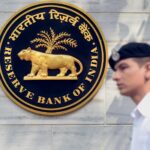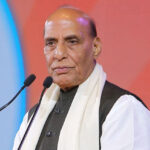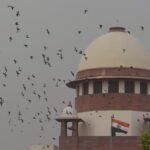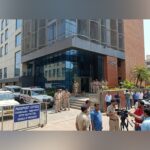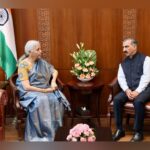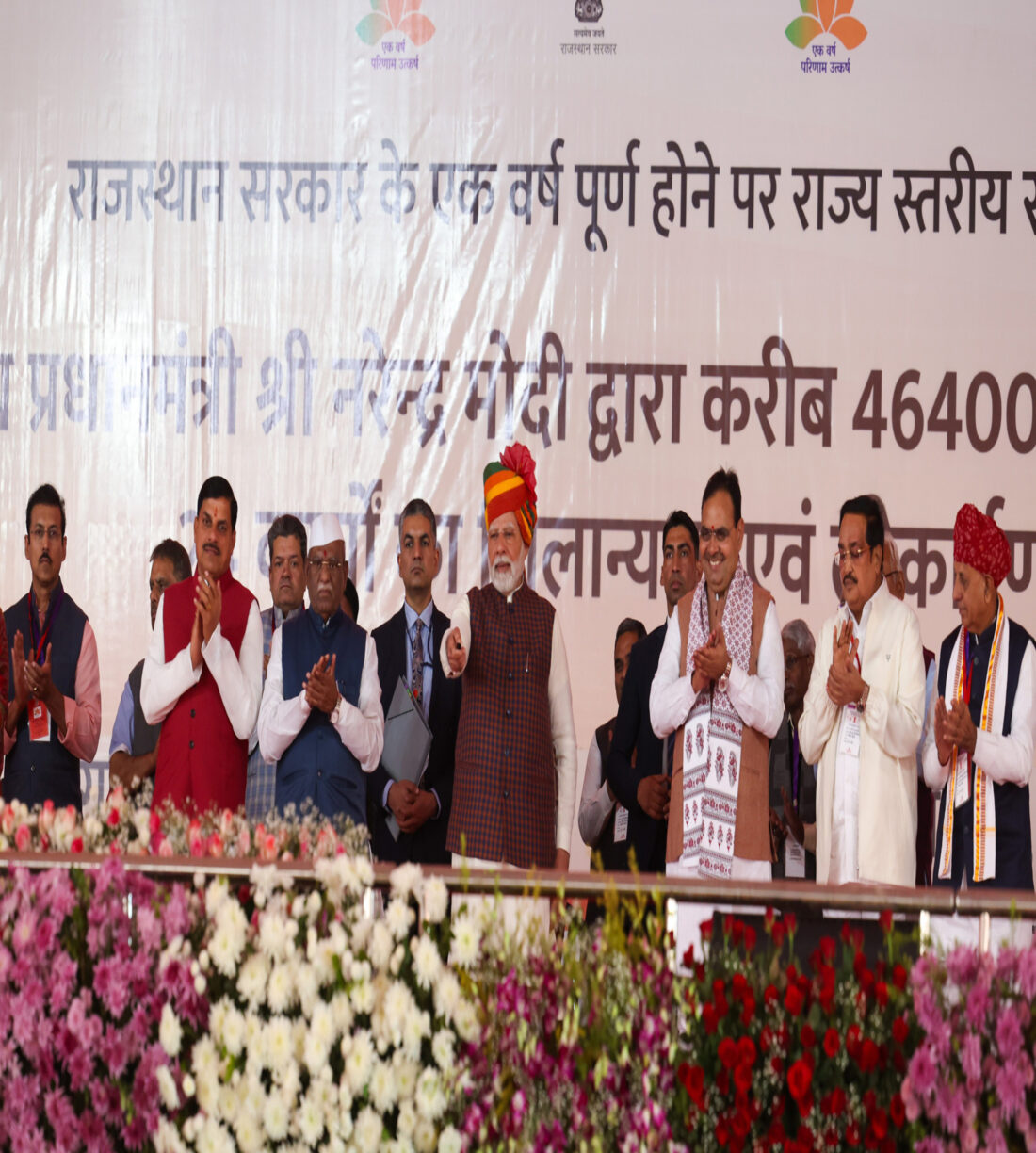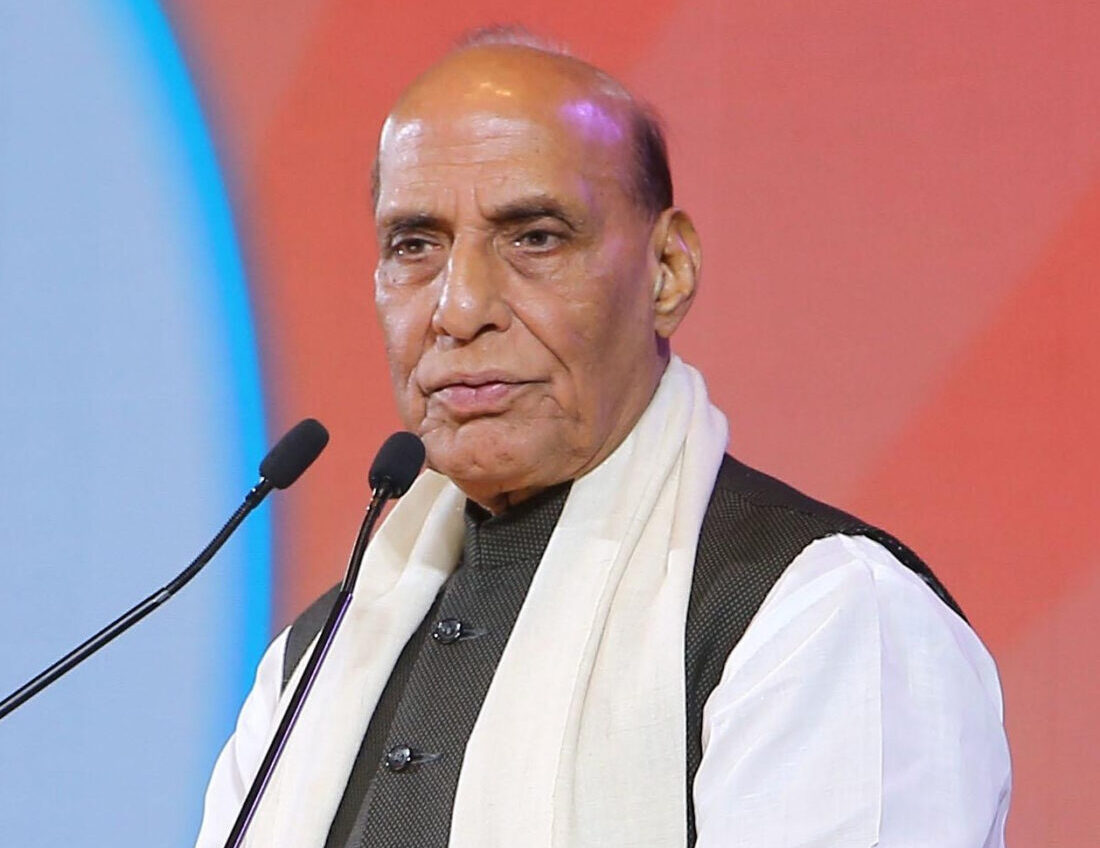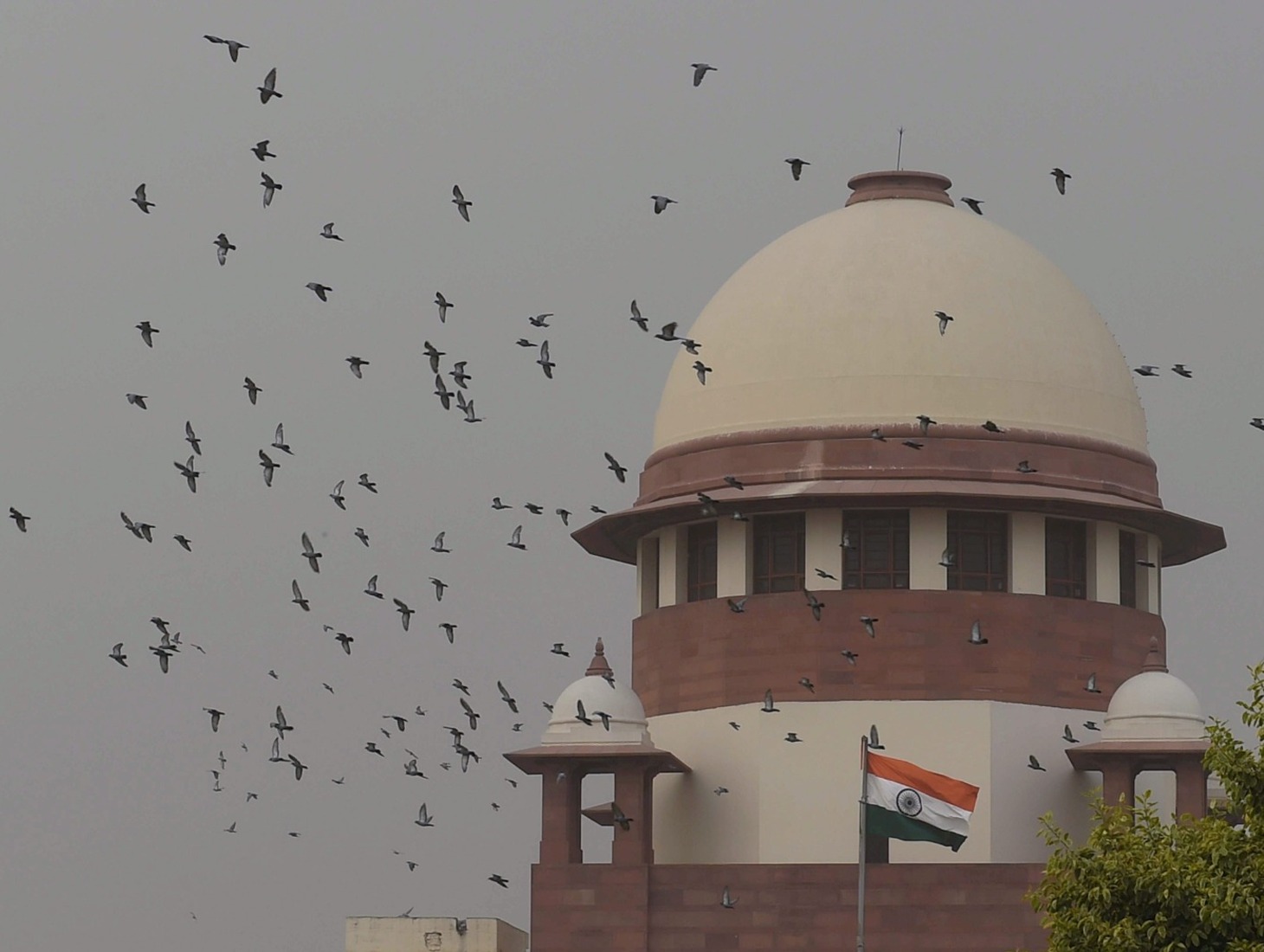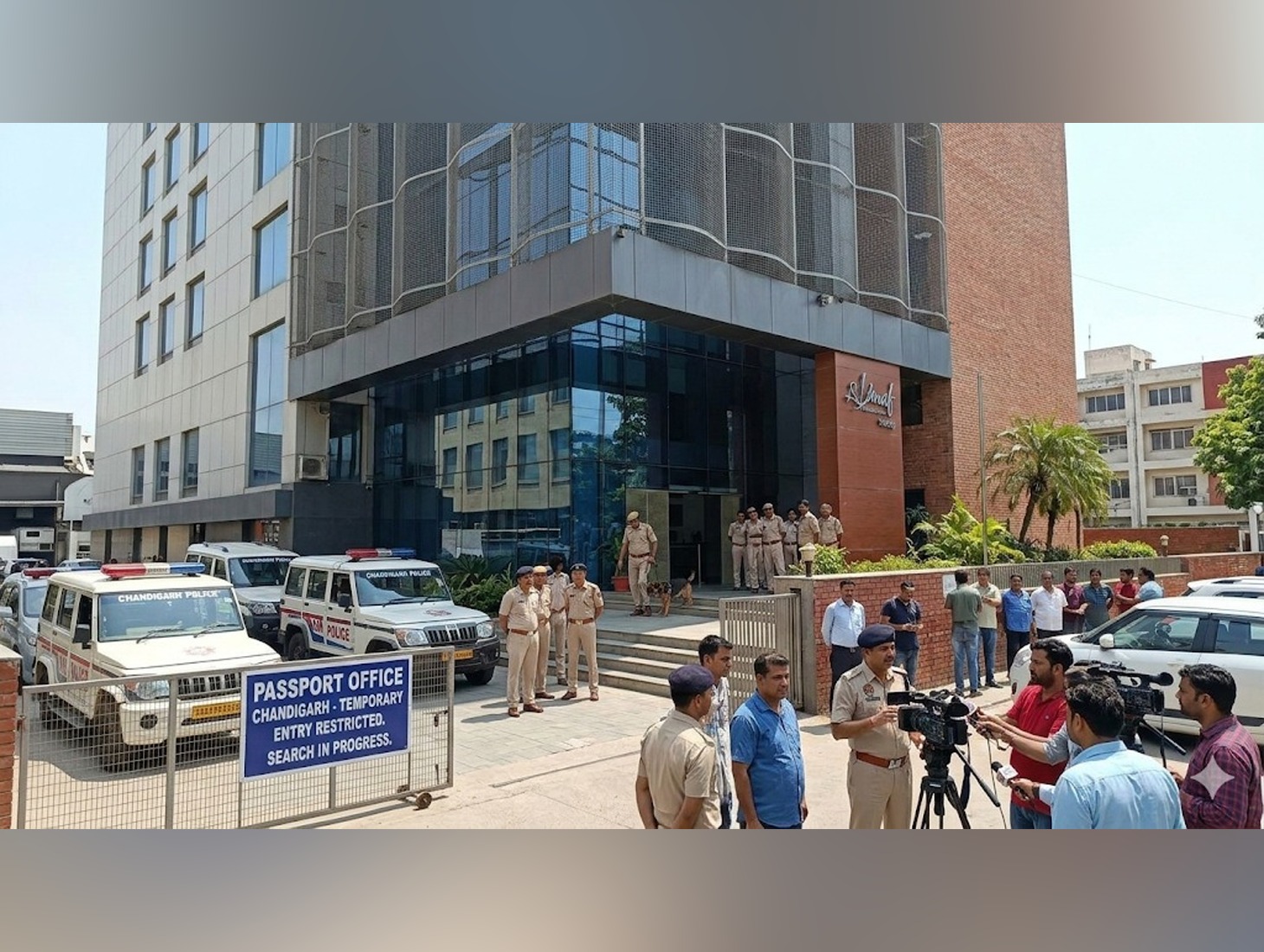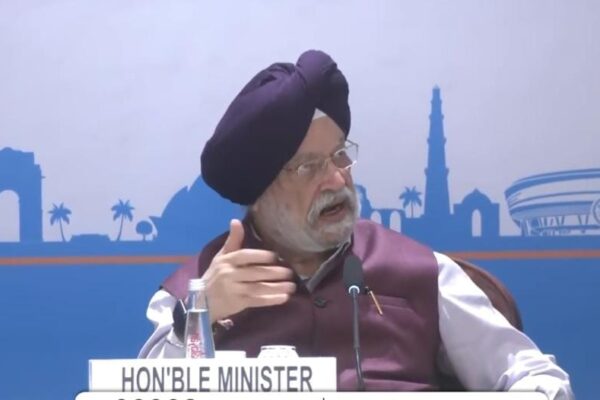North News
New Delhi, December 17
Emphasizing the importance of water conservation and stating that it is the responsibility of both the government and society to use every drop of water effectively, Prime Minister Narendra Modi on Tuesday urged the people to engage in micro-irrigation, drip irrigation, and the maintenance of Amrit Sarovars, and to raise awareness about water management. He also encouraged them to promote natural farming among farmers. The Prime Minister highlighted the significance of planting trees and suggested the “Ek Ped Maa ke Naam” campaign to honour both mothers and Mother Earth. He also urged the people to raise awareness about the use of solar energy and the benefits of the PM Suryagarh campaign. The Prime Minister remarked that when people see the right intent and policy behind a campaign, only then they join and advance it, as seen in the Swachh Bharat and Beti Bachao, Beti Padhao campaigns. He expressed confidence that similar success will be achieved in environmental conservation.
Emphasising the importance of water in Rajasthan, where severe droughts occur in many areas while in other regions, river water flows unused into the sea, Prime Minister said the Prime Minister highlighted that Atal Bihari Vajpayee envisioned linking rivers to address this issue and formed a special committee for it. He added that the goal was to transfer excess water from rivers to drought-affected areas, solving both flood and drought problems.
Sharing details, the Prime Minister said that the Supreme Court also supported this vision, but the previous governments never aimed to alleviate water issues and instead promoted water disputes between states. Prime Minister Modi underscored that Rajasthan suffered greatly due to this policy, affecting the women and farmers. The Prime Minister recalled his efforts as the Chief Minister of Gujarat to bring Narmada water to various parts of Gujarat and Rajasthan, despite the then government’s attempts to obstruct it. He highlighted that his continued efforts benefited Rajasthan, and senior leaders like Bhairon Singh Shekhawat and Jaswant Singh appreciated these efforts. Prime Minister expressed happiness that districts like Jalore, Barmer, Churu, Jhunjhunu, Jodhpur, Nagaur, and Hanumangarh are now receiving Narmada water.
Highlighting the delay in the Eastern Rajasthan Canal Project (ERCP), the Prime Minister said that his government believed in cooperation and solutions as against opposition and obstacles. He added that his government has approved and expanded the ERCP.
Prime Minister highlighted that as soon as their governments were formed in Madhya Pradesh and Rajasthan, an agreement was reached on the Parbati-Kalisindh-Chambal link project, which would interlink the Chambal River and its tributaries, including Parbati, Kalisindh, Kuno, Banas, Banas, Ruparel, Gambhiri, and Mej rivers. The Prime Minister remarked that he envisions a day when Rajasthan will no longer face water scarcity and will have sufficient water for development. Highlighting the benefits of the Parbati-Kalisindh-Chambal project, Shri Modi said it will provide irrigation and drinking water to 21 districts in Rajasthan while accelerating the development of both Rajasthan and Madhya Pradesh.
Highlighting that the foundation stone for the Isarda Link Project was laid today, Prime Minister Modi said that an agreement was also reached to bring water from Tajewala to Shekhawati, benefiting both Haryana and Rajasthan. He expressed confidence that soon, 100 percent of households in Rajasthan will have tap water. Exclaiming that “Empowerment of women is crucial for 21st century India”, the Prime Minister noted that the strength of women was evident in the self-help group movement, with 10 crore women across the country, including lakhs from Rajasthan, joining these groups in the past decade.
He highlighted that their government worked tirelessly to strengthen these groups by connecting them with banks, increasing financial assistance from 10 lakh to 20 lakh rupees, and providing around 8 lakh crore rupees in aid. The Prime Minister remarked that they have also arranged training and new markets for products made by women’s self-help groups, making them a significant force in the rural economy. He emphasized that the government is now working to make three crore women from self-help groups “Lakhpati Didis,” with over 1.25 crore women already achieving this status, earning more than one lakh rupees annually.
Stressing that numerous new schemes are being created to empower women, the Prime Minister highlighted the “Namo Drone Didi” scheme, under which thousands of women are being trained as drone pilots. He noted that thousands of groups have already received drones, and women are using them for farming and earning income. He emphasized that the Rajasthan government is also making significant efforts to advance this scheme.


